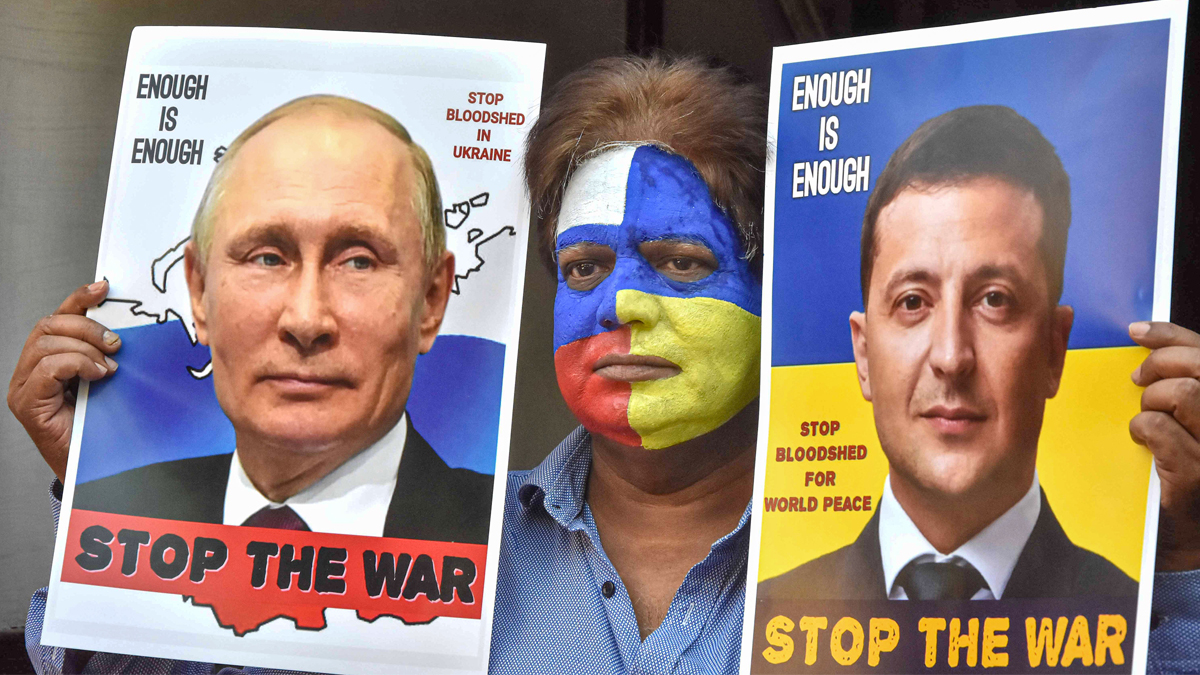Context
-
President Joe Biden flatly called Russia’s Vladimir Putin a “war criminal” for the unfolding onslaught in Ukraine, where hospitals and maternity wards have been bombed. But declaring someone a war criminal is not as simple as just saying the words. There are set definitions and processes for determining who’s a war criminal and how they should be punished.
Who is a war criminal?
- The term applies to anyone who violates a set of rules adopted by world leaders known as the law of armed conflict. The rules govern how countries behave in times of war.

Pic Credit: India TV - Those rules have been modified and expanded over the past century, drawn from the Geneva Conventions in the aftermath of World War II and protocols added later.
- The rules are aimed at protecting people not taking part in fighting and those who can no longer fight, including civilians like doctors and nurses, wounded troops and prisoners of war. Treaties and protocols lay out who can be targeted and with what weapons. Certain weapons are prohibited, including chemical or biological agents.
What specific crimes make someone a war criminal?
- The so-called “grave breaches” of the conventions that amount to war crimes include willful killing and extensive destruction and appropriation of property not justified by military necessity. Other war crimes include deliberately targeting civilians, using disproportionate force, using human shields and taking hostages.
- The International Criminal Court also prosecutes crimes against humanity committed in the context of “a widespread or systematic attack directed against any civilian population.” These include murder, extermination, forcible transfer, torture, rape and sexual slavery.
What are the paths to justice?
- Generally, there are four paths to investigate and determine war crimes, though each one has limits. One is through the International Criminal Court.
- A second option would be if the United Nations turns its work on the inquiry commission over to a hybrid international war crimes tribunal to prosecute Putin.
- A third would be to create a tribunal or court to try Putin by a group of interested or concerned states, such as NATO, the European Union and the U.S. The military tribunals at Nuremberg following World War II against Nazi leaders are an example.
- Finally, some countries have their own laws for prosecuting war crimes.
Source: IE
Visit Abhiyan PEDIA (One of the Most Followed / Recommended) for UPSC Revisions: Click Here
IAS Abhiyan is now on Telegram: Click on the Below link to Join our Channels to stay Updated
IAS Abhiyan Official: Click Here to Join
For UPSC Mains Value Edition (Facts, Quotes, Best Practices, Case Studies): Click Here to Join
